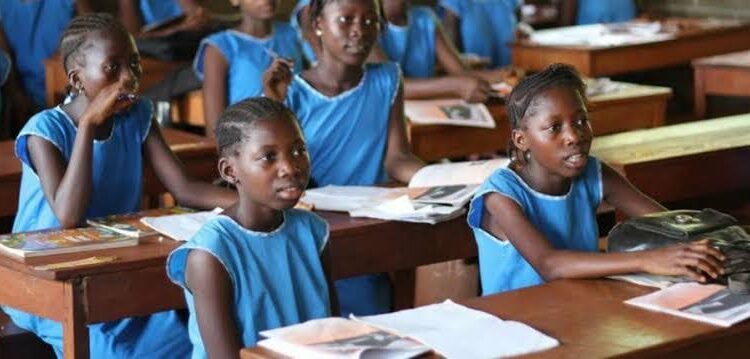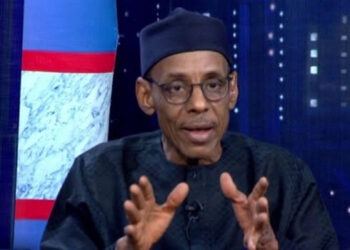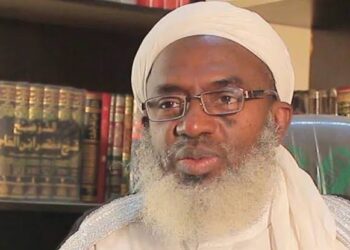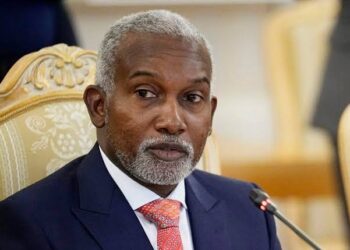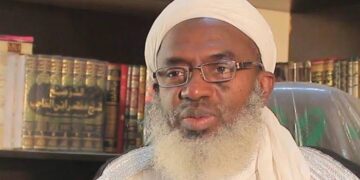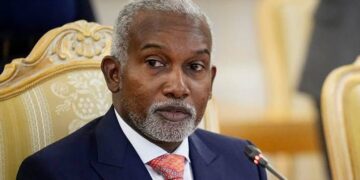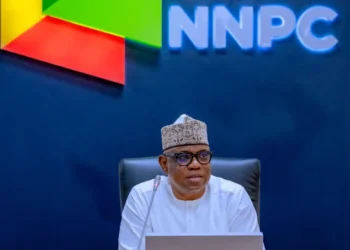Rising Costs Fuel Parental Anxiety
As the 2025/2026 academic session begins, Nigerian parents struggle with school fees amid a nationwide cost-of-living crisis. Rising tuition in Nigeria, coupled with costly textbooks, uniforms, and school supplies, has created deep anxiety for families.
The reality is stark: Nigerian parents struggle with school fees while battling inflation and education costs that have skyrocketed. According to the National Bureau of Statistics (NBS), inflation climbed to 21.88 percent in July 2025. Families already struggling to feed must now stretch further to cover rising educational expenses.
Parents with children in private schools face constant tuition hikes. Many say the burden is becoming unbearable, while others have withdrawn their children to public schools despite poor facilities.
Ngozi Okoro, a single mother of two, once felt proud of affording a reputable private school. However, a sudden 30 percent fee hike last session forced her to reconsider. Despite working extra hours and borrowing from friends, she could not keep up. She now plans to transfer her children to a cheaper school.
For families shifting to public schools, the reality is equally discouraging. Visits to some schools in the Federal Capital Territory revealed broken infrastructure and overworked teachers. Parents said these conditions affect children’s learning, but the high cost of private education leaves them with no choice.
A father of four, Abuh Ameh, admitted that every new term fills him with dread. School fee reminders bring shame and helplessness. His children are often sent home for unpaid fees, and he worries this session may be no different.
Families Resort to Desperate Measures
The financial strain has forced many families into desperate measures. Some are selling personal belongings to fund tuition, while others are turning to crowdfunding on social media.
Nuhu Ahmed, a widower with three children, revealed he sold cherished possessions just to secure books and cover school fees. “I gave up things I loved most, just so my children could return to school,” he said.
Education expert Michael Akor warned that if the crisis continues, it will worsen Nigeria’s education statistics. The country already has more than 17 million out-of-school children, one of the highest figures globally.
“Education is meant to lift families from poverty,” Akor said. “But when rising tuition in Nigeria becomes unaffordable, it traps them deeper into poverty cycles.”


